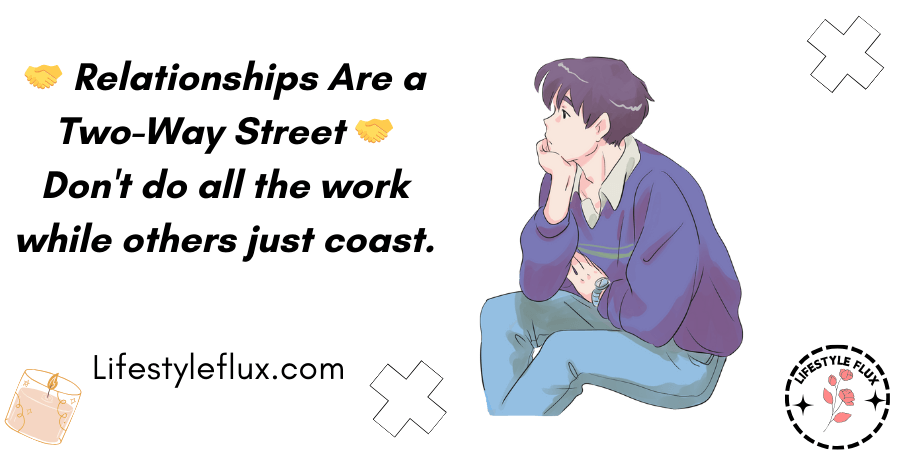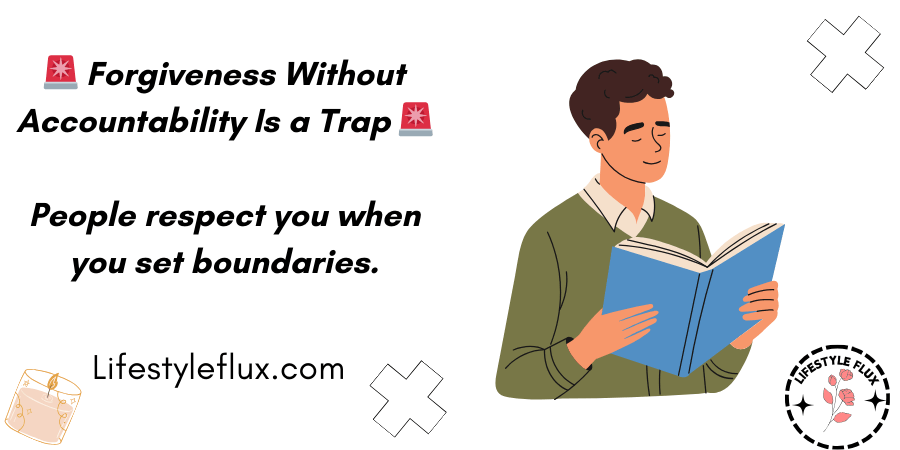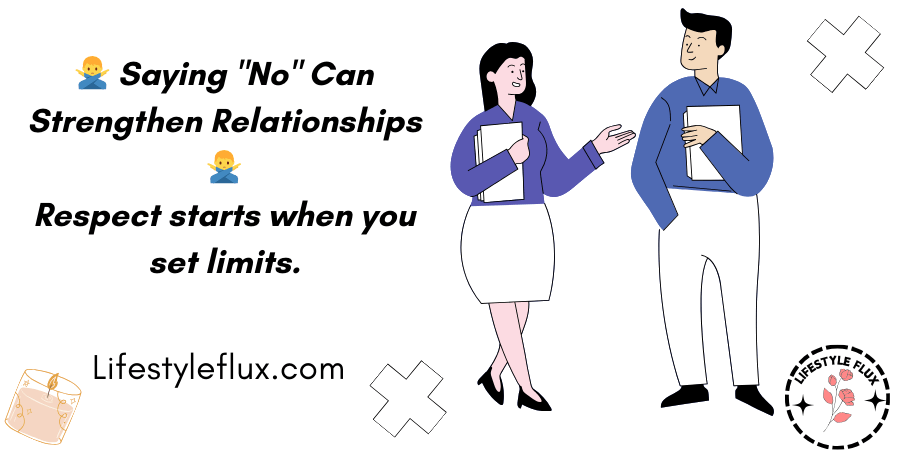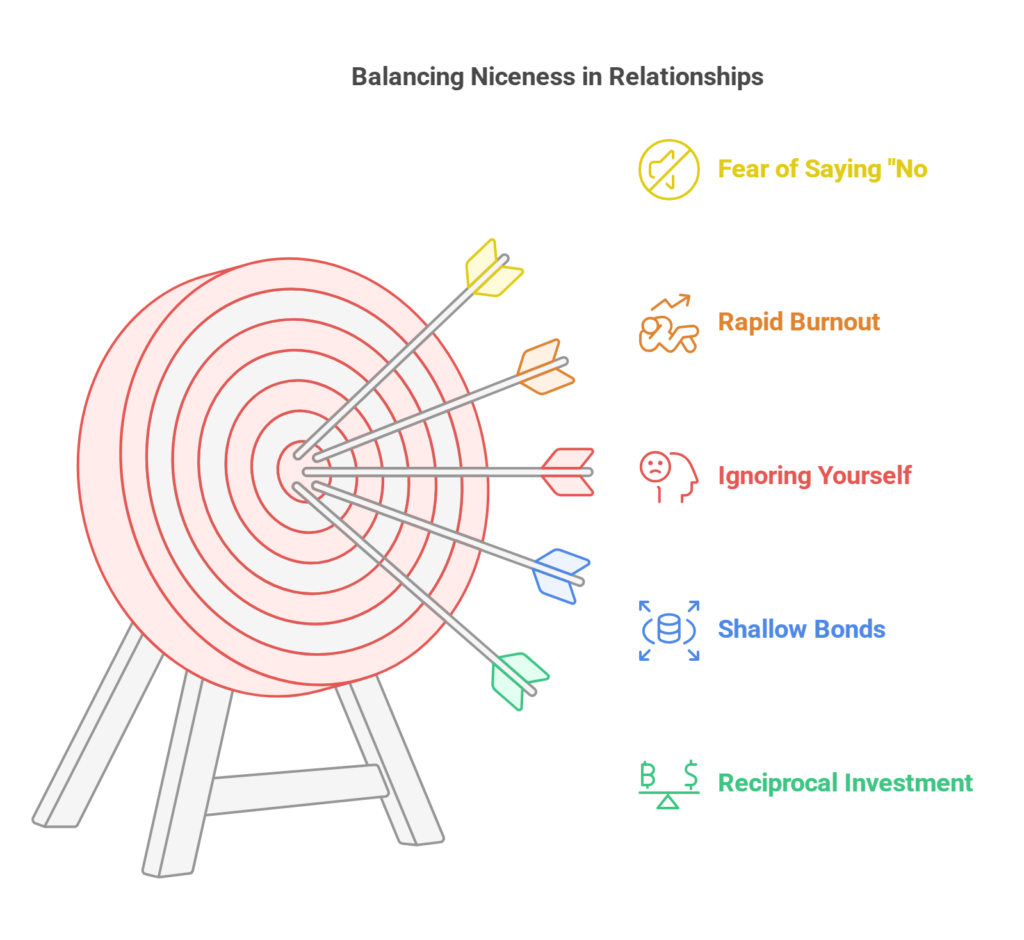Nice guys mean well. They want to be liked, appreciated, and helpful. But sometimes, despite their best intentions, they end up pushing people away instead of bringing them closer.
That’s because being too nice often leads to behaviors that make relationships unbalanced, exhausting, or even frustrating for others.
In 10 Mistakes Nice Guys Make That Push People Away, we’ll uncover the hidden traps that nice guys fall into—like always saying yes, over-apologizing, and ignoring their own needs. If you’ve ever felt like your kindness isn’t being reciprocated, this might be why.
Table of Contents
1. Reciprocal Investment
You shouldn’t be the only one investing in your relationships. This happens to nice guys all the time. They dedicate too much time and way too much effort, while their friends don’t do much of anything. Instead of saying something, nice guys let their friends get away with it.
The truth is, this lopsided relationship isn’t doing anyone any favors, and it definitely doesn’t build stronger bonds. You see, you need mutual investment to create trust. Every relationship should be a two-way street, not just one person doing all the work.

Most of the time, nice guys realize that something’s wrong. They know their relationship isn’t fair, but they don’t do anything about it. They act like it’s okay to inconvenience themselves as long as it doesn’t affect their friends.
On the surface, they’re doing the right thing, but deep down, they’re actually damaging the relationship. You need your friends and partners to invest; otherwise, they won’t care as much as you do. And if they don’t care, the relationship is going to have a hard time surviving down the road.
2. Immediate Forgiveness
Leniency can be a great quality—it’s one of the most important parts of a strong relationship. But not everything can be forgiven, especially not right away. Nice guys make a habit of forgiving their friends and partners without a second thought whenever they do something wrong. Nice guys welcome them back with open arms.
Just imagine your friend ditches you over and over again. They keep making commitments to you but never follow through. Anyone would get frustrated, right? But someone who’s too nice won’t hold them accountable for their mistakes. They’d forgive and forget, no matter how many times their friend leaves them out to dry.
So why shouldn’t you immediately forgive your friends? The simple fact is it’s bad for the relationship. Your forgiveness creates a toxic dynamic. It tells the other person that they can go ahead and get away with anything—no matter what they do, you’ll always forgive them.
This is one of the biggest reasons why nice guys are taken advantage of so often. Your friends don’t think there are any consequences, so they do whatever they want. They lose respect for you as an individual with feelings and boundaries.

So don’t instantly forgive them. Don’t pretend like the people in your life never do anything wrong. It’s important to trust them, and you should give them the benefit of the doubt when it matters.
But you have to take your own feelings into account too. Your thoughts and emotions are just as important as anyone else’s. Don’t forgive someone because you feel like you have to.
This is another big problem for people who are too nice. They forgive on the outside without forgiving on the inside. In other words, you may not be mentally and emotionally ready to let it go. It’s okay to be mad.
It’s okay to take your time and think things through. Nice guys pretend these negative feelings don’t exist, but that denial just creates problems later on.
Even if you have the best intentions, it’s never a good idea to sweep your issues under the table. Instead, confront your feelings in the moment. That way, when someone says, “Hey, I’m sorry,” you can really forgive them.
3. The Paradox of Availability
Here’s a trap that almost every single nice guy falls into at some point. Let’s say you just started a new relationship. You’re obviously excited about it. And you want to spend more time with your partner.
So every time they text you, you immediately message back. Every time they want to hang out, your schedule is always wide open. Making yourself available is a nice gesture. Well, who’d want to be in a relationship with someone who’s busy all the time?
But being too available hurts way more than it helps. You’re not going to offend your partner by making other plans and sticking to them. If anything, you’re relieving some of the pressure. No one should feel like they’re the only thing happening in your life.

Too much availability also creates unfair compromises. If you’re always changing your schedule to fit your partner’s, they’re going to lose respect for your personal boundaries because you’re not setting any. Your partner will think your life is open to taking.
So don’t be available all the time. Every once in a while, tell your friends that you have plans or reschedule for a later date. It’s okay to have a life, so let other people know you’re living it.
4. Creating Skepticism
Kindness doesn’t always make people trust you. Sometimes, it makes people think you’re up to something. When you’re too nice, people assume you have some hidden agenda.
They think you’re only being nice to manipulate the people around you. You know that’s not what you’re doing, but people are still going to be suspicious.
That’s why it’s always better to share your real opinions. Don’t just tell people what they want to hear. If you’re faithful to your own feelings, they won’t have anything to be skeptical about.
5. Overflowing Resentment
When you’re too nice, it’s only a matter of time until you get frustrated. You want your friends and partners to be as selfless as you are, but that rarely ever happens.
So, each time they let you down, you get a little more resentful. It’s manageable at first—you can ignore those negative feelings by stuffing them down. But eventually, it’ll get too strong, and the relationship is going to suffer because of it.
So, how do you stop that resentment from building in the first place? Well, you need to lower your expectations—and not just of your friends, but of yourself.
That’s where your disappointment comes from. You have these crazy high expectations that no one could possibly live up to. But if you take a more realistic approach to your relationship, you won’t have anything to feel frustrated about.
6. Constantly Apologizing
Everything is not your fault, but nice guys act like it is. They can’t stop saying sorry for every little thing. They make it seem like they’re constantly hurting their friends or partners just by being themselves. But they don’t realize how this bad habit is affecting their relationships.
For starters, it shows your partner that you aren’t confident in the things that you do or say. It means you don’t have the courage to believe in yourself.
To make matters worse, it invalidates your actual apologies when you really do make a mistake. An apology won’t feel like enough—you’ve already said “I’m sorry” a million times, and after a while, those words start to lose their meaning.
So, instead of apologizing, work on feeling confident in your actions. Because chances are, you have nothing to be sorry for.
7. Shallow Bonds
Nice guys have trouble making deeper connections with people, but not for a lack of trying. The problem is their kindness stops them from telling people how they really feel. You need to express your true feelings before someone can feel closer to you.
People get scared of disagreeing with their friends, but disagreements are healthy. They give you the chance to find a genuine compromise and overcome obstacles as a team. So don’t hide your feelings to appease the people in your life. All it’s going to do is slow down your relationship.
8. Ignoring Yourself
People who are too nice forget to prioritize themselves. Paying attention to others is great, but sometimes, your needs should come first. Nice guys make this mistake on a daily basis. They spend so much time worrying about their friends that they miss opportunities to make themselves happy.
So don’t hesitate to focus on your own needs. It’s important to help people, but you won’t get anywhere in life if you can’t help yourself too.
9. Rapid Burnout
Nice guys do most of the heavy lifting in their relationships because they think they have to. They’re just trying to help their friends as much as possible, even if it means sacrificing all of their time and energy. No relationship should feel completely exhausting, but that’s what happens to people who are too nice.
That’s why nice guys experience something called rapid burnout. They get sick of their friends and partners way faster than normal, and it’s usually their own fault. Lots of nice guys are so focused on preserving their relationship that they forget to enjoy it.
Reducing the risk of burnout is pretty easy. Just slow things down. Let your relationship move at its own pace. Not everything needs to be so serious or set in stone. It’s okay for things to be simple and fun. So focus on enjoying yourself. If you can do that, burnout will be a thing of the past.
10. Fear of Saying “No”
In general, “no” is a healthy word in relationships. It shouldn’t be something you say all the time, but you shouldn’t be afraid to use it. Nice guys say yes to everything, even when they don’t want to, and it almost always comes back to bite them.

Forcing yourself to say yes creates resentment and frustration. It makes you feel like you’re being taken advantage of. On the other hand, saying no generates a new level of respect. It tells people you have limits and encourages them to value your time and energy.
So go ahead—tell people no and get the respect you deserve.
Conclusion:
At the end of the day, being a nice guy isn’t the problem—it’s how that niceness is expressed. If you constantly put others first at your own expense, forgive too quickly, or never say no, you’re not actually strengthening your relationships. You’re making them weaker.
The key is balance. Respect yourself the same way you respect others. Set boundaries, be honest about your feelings, and understand that mutual effort is what makes relationships thrive. When you stop overcompensating and start valuing yourself, you’ll find that people respect and appreciate you even more.

Sources:
https://www.psychologytoday.com/us/blog/fixing-families/201807/the-dangers-of-being-nice
https://www.inc.com/jessica-stillman/5-ways-being-too-nice-can-hurt-you.html

Founder and CEO of Lifestyleflux.com, I bring years of expertise in self-improvement, wellness, and personal development to help you lead a happier, more balanced life. Through practical insights, eBooks, and consultations, I share actionable strategies rooted in experience and a passion for empowering others to unlock their full potential.

